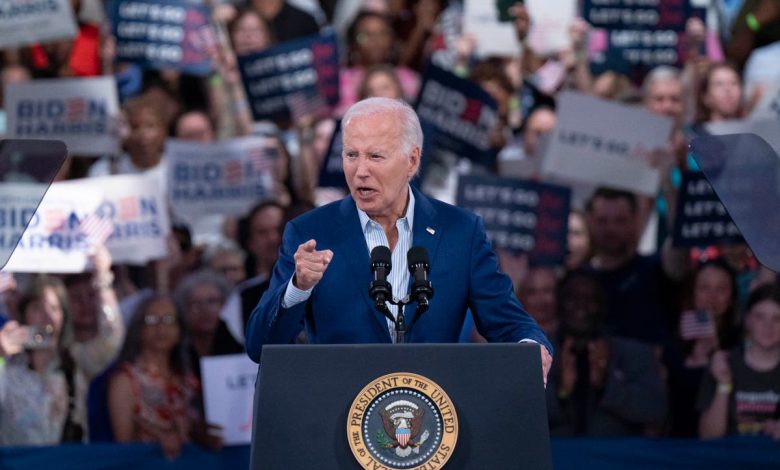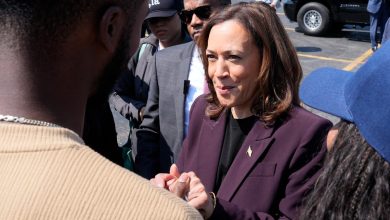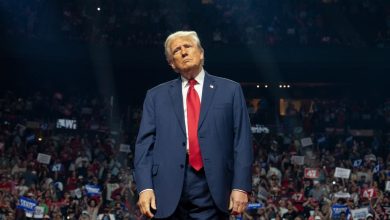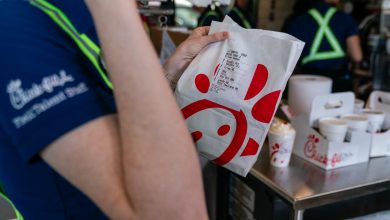Biden unified the Democratic Party. Now Republicans are using his powers against them

Senator Bob Casey is one of President Joe Biden’s oldest friends in politics. The two were neighbors when the Bidens lived in Scranton and Biden knew his father Bob Casey Sr, the governor of Pennsylvania. Indeed, the president calls the younger Casey “Bobby.”
Now David McCormick, the Republican challenging the longtime Democratic senator for the seat he’s held since 2007, has begun to hit Casey for his close ties to Biden. Specifically, the McCormick campaign hopes to capitalize off of Biden’s poor performance at the debate in Atlanta.
McCormick’s latest ad highlights Biden’s disastrous debate performance on Thursday and contrasts it with previous statements by Casey saying there was “no question” that Biden was prepared for a second term in the presidency.
The attacks are not just reserved for Casey. The National Republican Congressional Committee is circling around endangered incumbent Democrats, asking them about Biden and whether they think he is fit for office.
North Carolina Lieutenant Governor Mark Robinson, the hard-right Republican nominee for governor, has even hit his opponent, Democratic Attorney Josh Stein, for campaigning with Biden in Raleigh the day after the debate — even though Biden gave a robust speech in the Tar Heel state.
Meanwhile, Adam Frisch — the Democrat who got within striking distance of Representative Lauren Boebert, to the point that she jumped to a different district in Colorado — has called on Democrats to name a new nominee. He may have his career future in mind.
None of this is surprising. Obvious as it may sound, the Republican Party’s job is to elect Republicans, while the Democratic Party’s job is to elect Democrats. That means that Republicans will naturally go after the biggest weakness that Democrats have at any given moment; and at this moment, that weakness is the president.
Ironically, Joe Biden’s most impressive skill as a party leader might be what makes Democrats uniquely vulnerable to these attacks. His predecessor, Barack Obama, never particularly liked campaigning for other candidates during off-year elections and never forged strong ties to congressional leaders, even within his own party. Many Democrats complained that he left state parties to wither under his stewardship of the Democrats. Only since he left office has Obama become “the best closer we have,” according to sources.
The bitter 2016 Democratic primary between Hillary Clinton and Senator Bernie Sanders left both sides of the party angry in a way that made it harder to coalesce around the final boss that was Donald Trump. This made Joe Biden’s tenure as a party leader remarkable. While Biden has a smaller Senate majority than Obama did, he has been able to keep both moderates and progressives fairly united.
Indeed, one of the big marks against progressive members of the Squad like Representatives Jamaal Bowman of New York and Cori Bush in Missouri during their primaries has been when they broke from Biden on key votes.
That also may be why, despite the fact many Democrats have substantive disagreements with Biden and some would likely prefer a younger candidate with a better approval rating, they are not ready to drop Biden from the ticket, at least for the time being.
But that puts other party leaders like Senate Majority Leader Chuck Schumer and House Minority Leader Hakeem Jeffries in a tough spot. They have two simple jobs as party leaders: Schumer’s is to grow and protect the Senate majority; and Jeffries is to get Democrats enough seats to flip the House.
Democrats’ unwillingess to drop Biden makes both of their jobs harder, particularly in swing districts and states or in places that Trump won before. The nationalization of politics makes it harder for some Democrats to make the case that they could be a check on Trump if he wins, since that would also be admitting that they think Biden will lose.
Of course, the alternative could be just as messy for endangered Democrats. Picking a new nominee would force Democrats in tough races to go on record saying whom they would back in a contested nomination or convention. It’s a lose-lose situation.
Ultimately, Biden’s biggest strength as a politician — his ability to make every part of the Democratic coalition feel heard — might be the undoing of the party he leads. It will make it all the easier for Republicans to paint their opponents as synonymous with him.







